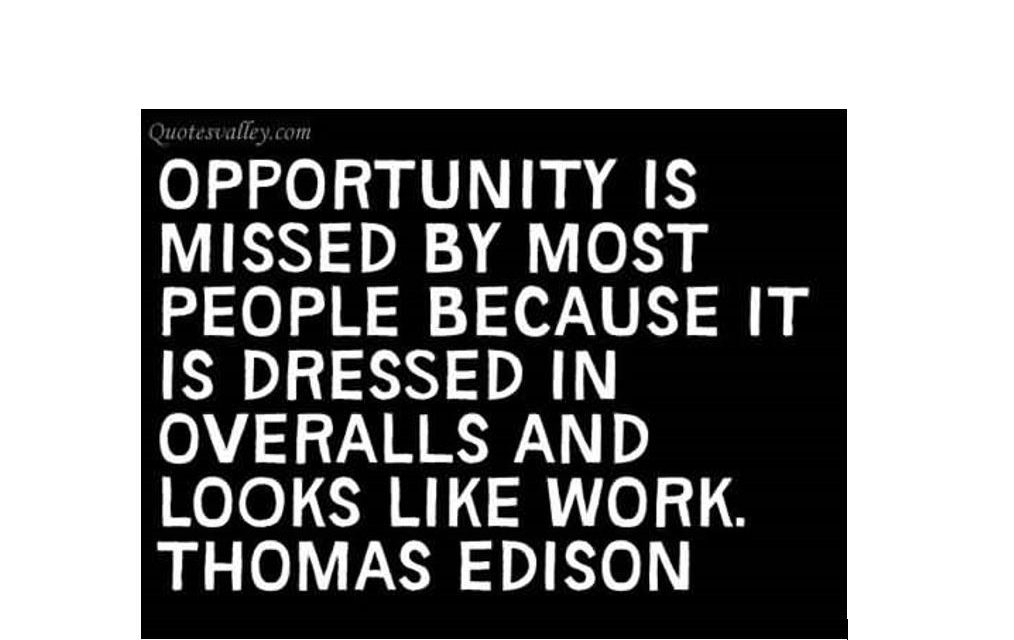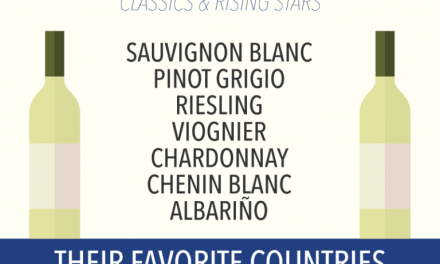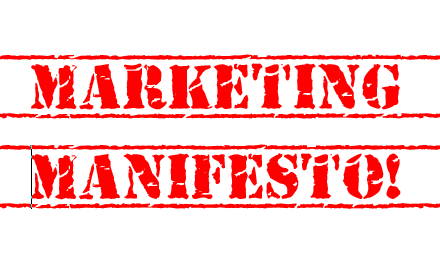FINALLY, the Supreme Court of the U.S. (SCOTUS) issued their decision on a case that has the potential to change the playing field for interstate retailer e-commerce. While the case did not deal with e-comm directly, supporters of expansion of interstate ecommerce of beverage alcohol are praising it for clarifying the conversation as it applies to retailer direct shipping.
The substance of the ruling is that the Granholm decision, which is the foundation for interpreting many of today’s direct shipping laws, applies not just to producers and products, but also to retailer DtC sales.
Background: E-commerce of beverage alcohol (principally speaking about wine here) from retailers to consumers in states other than their own is only permitted in 14 states. E-commerce from domestic wineries in one state to consumers in another state is allowed in approx. 40 states (It’s not allowed at all between international wineries to consumers in any state.) E-commerce from retailers to consumers in their own state is permitted in approx. 36 states.
Confusing? Yes indeed. So. the hope was that the ruling in this case would be broad enough to sever the Gordian Knot that is bev. alc. e-commerce.
It didn’t do that. However, it does lay the groundwork for a broader interpretation of what’s legal.
The Internet Will Out. Here’s another perspective at the controversy. As we all know, e-commerce is the elephant in the room when it comes to bev. alc. sales. I have a chart that shows that only 4% of the national market for the category of bev. alc. currently goes through some form of e-commerce. Compare that to books or shoes where the numbers are greater than 50%. So basically, bev. alc. is inhibited from meeting consumers’ expectations to be able to buy everything via e-commerce. Add in Amazon’s interest in being able to sell everything to everybody and you have some powerful forces at play potentially impacting a multi-billion-dollar industry structure that many think is hide-bound and untouchable.
So now what? I’m sure we’ll be hearing a lot of opinions on what this all means, and here’s my take on it. (And be aware I’m speaking specifically from the point of view of smaller domestic producers and those export brands that are clamoring to break into the U.S. market, but are being stymied by the three-tier system.)
It’s a whole new world. Innovative solutions are emerging that work within the three-tier system but are structured to service brands that can’t get the attention or approval of “traditional” distributors. I’m talking specifically about LibDib here, but it also relates to service importers such as MHW, Park Street, T. Elenteny, USA Wine West and American Spirits Exchange. These five say “Yes!” to everyone looking for an importer, and most have distribution licenses in states such as CA, NY, FL and others. Like me, we’re all working to find ways for new brands to break into the U.S. market.
I think we’ll see a lot more creativity from retailers on DtC models that will test the limits of today’s SCOTUS ruling. Correspondingly, I expect producers/suppliers/importers to develop innovative marketing programs with direct delivery to consumers as the end goal. And whether that’s through wine clubs, crowd-funding strategies such as Naked Wines, delivery-within-an-hour solutions such as Minibar Delivery, through existing purwe e-commerce via Wine.com, or the next generation of retailer direct, I think we’ll be seeing big things, pretty quickly.
Opportunity is Knocking, so open the door! Most people don’t realize when opportunity comes knocking, because it’s wearing dirty overalls and looks like work. I love that imagery!











